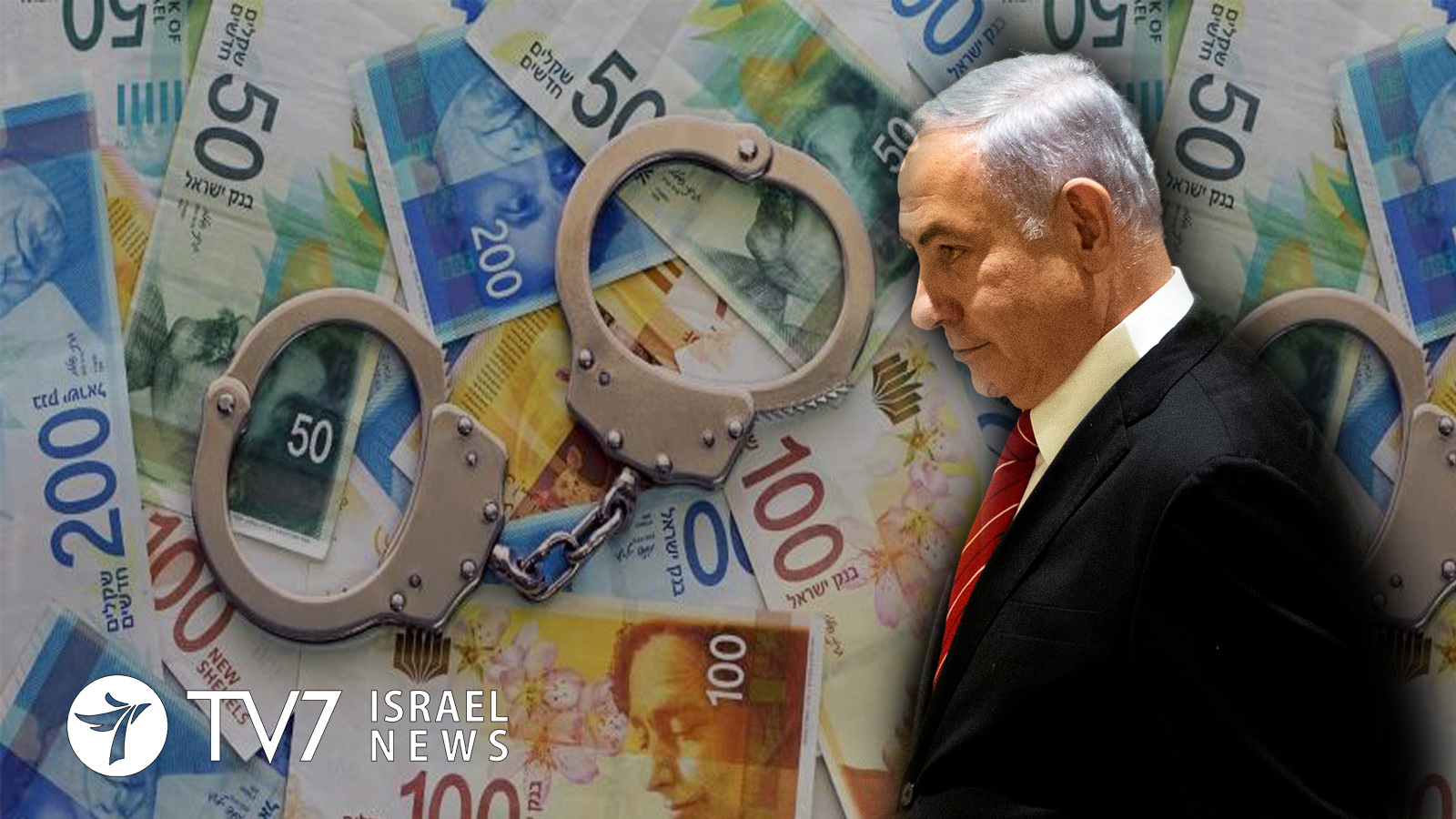Israeli incumbent Prime Minister Benjamin Netanyahu’s pre-trial hearings on allegations of bribery, fraud and breach of trust kicked off this morning in the Attorney General’s Office in Jerusalem.
The series of proceedings are slated to last four days, during which the long-time Israeli leader’s legal team will try to persuade Attorney General Avichai Mendelblit and State Attorney Shai Nitzan to drop some, if not all of the charges. Netanyahu currently faces three counts of fraud, three counts of breach of trust and one count of bribery, in connection to three separate investigations.
Today’s hearing focused on case 4000, perceived as most serious, in which Prime Minister Netanyahu allegedly exploited his power during 2012-2017 to benefit businessmen Shaul Elovitch in exchange for favorable coverage on one of Israel’s most popular websites ‘Walla News.’ Due to the complexity of Case 4000, the State Attorney General devoted two days for the hearing, to allow Netanyahu’s defense attorneys enough time to present their arguments.
After a two-day break over Friday and Saturday, the pre-trial hearings will resume on Sunday of next week, when Netanyahu’s lawyers will present their arguments in Cases 1000 and 2000.
In Case 1000, the Prime Minister’s representatives will have to provide counter-arguments to allegations that Netanyahu and his wife Sara accepted illicit gifts at an estimated $195,000 value in exchange for favors from prominent Israeli Hollywood producer Arnon Milchan, and $75,000 of presents from Australian billionaire business mogul James Packer.
The hearing of Case 2000 will ensue on Monday, involving allegations that Netanyahu discussed a wrongful quid-pro-quo arrangement with Arnon Mozes, the publisher of one of Israel’s best-selling dailies, the Yedioth Ahronoth newspaper. Prosecutors have reportedly obtained copies of recorded conversations in which the Prime Minister sought to attain improved media coverage in exchange for his efforts to weaken and limit circulation of Yedioth’s “Yisrael Hayom” competitor, including the proposed passing of legislation.
It is important to note that a bribery indictment would remove the theoretical cloud of ambiguity that could compel politicians to make final determinations as to whether they are willing to join a government in which Benjamin Netanyahu serves as Prime Minister. He can legally remain in office until if and when he would be convicted by two courts of law. A final decision over a bribery indictment could ultimately end up at the Supreme Court, for discussion on the legitimacy of his continued premiership, due to a potential loss of public support which is particularly relevant amid the growing prospects of a looming, unprecedented third election.
